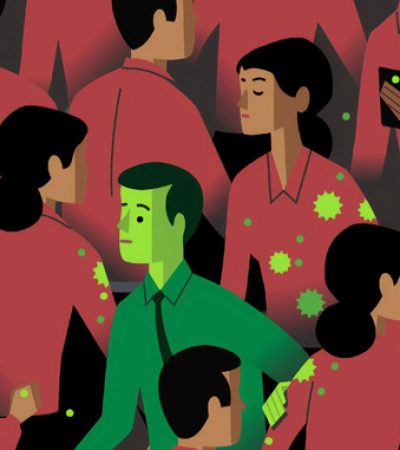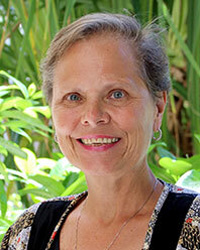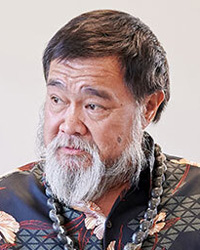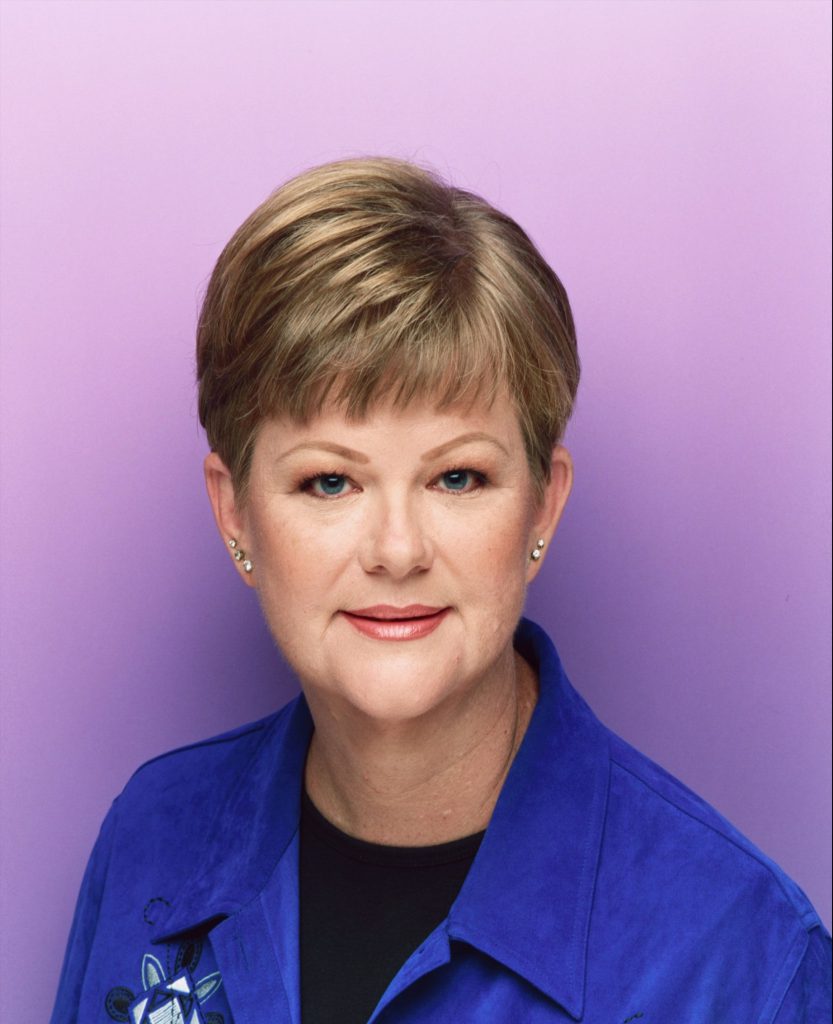
DOH-UH Contact Tracing Training Program
More Information
The University of Hawaiʻi (UH) has partnered with the Hawaiʻi Department of Health (DOH) to create the DOH-UH Contact Tracing Training Program.
Over the course of one year (June 2020-May 2021), the program will train hundreds of individuals to become part of a supplemental contact tracing workforce that could be called upon as needed to augment the DOH’s existing contact tracer staff as cases rise in Hawaiʻi. Contact tracers identify and facilitate isolating individuals who are sick or have been exposed to someone with COVID-19. The program will also train 100 Community Health Workers (CHWs) across the UH System. CHWs serve as liaisons between health systems and communities, often those that are at high risk for disease outbreaks like COVID-19.
While UH is providing the training as part of the partnership, DOH will activate and manage any needed contact tracers. Applicants from the neighbor islands and underserved communities at high risk for COVID-19 are particularly encouraged to apply. Program applicants should be available to be activated on an as-needed basis to be full-time contact tracers for DOH, for up to three months in the near future, after completion of the training. Applicants able to work part-time full-day weekends (Saturday and Sunday) will be considered.
The year-long program has three arms:
- Track 1: Professional Clinical Contact Tracing Training Course
- Length: 1.5 days (online)
- Minimum requirement: Completion of undergraduate degree and clinical health background (e.g., registered nurse, nurse practitioner, social worker, pharmacist, physician, physician assistant, emergency medical technician [EMT], paramedic)
- Goal: Train 320 individuals by mid-July 2020
- Track 2: Community Contact Tracer Training
- Length: 6 weeks (online)
- Minimum requirement: Completion of bachelor’s degree (health career oriented preferred)
- Goal: Train 250 individuals by end of May 2021
- Augmented CHW Training
- Length: 5 or 10 months (online)
- Minimum requirement: Open to all with a high school degree or GED
- Goal: 100 CHWs by spring 2021
For more details on the different program arms, please click here.
——————————————————————————————————————————————————————————————————
Contact oshi@hawaii.edu for additional information
——————————————————————————————————————————————————————————————————
Please see all the news related to the DOH-UH Contact Tracing Training Program on our News & Events page.
Additionally, please see below for a link to a Hawaiʻi Public Health Institute (HIPHI) webinar entitled “COVID-19 Public Health Action Webinar: Partnership for Contact Tracing Training: Program by DOH & UH” from May 27, 2020, which featured Dr. Sarah Park (DOH) and Dr. Aimee Grace (UH System) to provide further information on the partnership

Program Options
Track 1: Professional Clinical Contact Tracing Training Program
Track 1 is an accelerated, one-and-a-half day online training course for clinical healthcare professionals led by Dr. Kristine Qureshi in UH Mānoa’s School of Nursing and Dental Hygiene (SONDH). As of July 17, Track 1 trained a total of 393 individuals. This track has formally completed and is no longer accepting applications.
The course was open to clinical health professionals, including registered nurses, nurse practitioners, social workers, pharmacists, physicians, physician assistants, emergency medical technicians (EMTs), and paramedics. The highly interactive, one-and-a-half day program included a series of short lectures, group activities, simulation with live actors, and ongoing knowledge check in sessions.

Dr. Kristine Qureshi, Program Lead
(Photo credit: UH News)


Dr. Ricardo Custodio (top) and Dr. Camonia Graham-Tutt (bottom), Program Leads
(Photo credit: UH News)
Track 2: Community Contact Tracer Training
Track 2: Community Contact Tracer Training is being administered by UH West Oʻahu, led by Dr. Ricardo Custodio, and is available statewide and online. The program plans to graduate seven cohorts of students (approx. 30-50 individuals each). Applicants from the neighbor islands and underserved communities at high risk for COVID-19 are particularly encouraged to apply.
The 6-week training will include two 3-credit courses: PUBA 368 Foundations in Community Health and Health Behavior and PUBA 446: Contemporary Issues in Healthcare.
- PUBA 368: Foundations in Community Health and Health Behavior (3 credits):
- Community health and basic contact tracing in underserved communities
- Social justice, cultural humility, community demographics, epidemiology
- Case management and population health
- Motivational interviewing skills, supporting patients and families, patient privacy
- Crisis counseling, and resourcefulness in locating patients and contacts.
- Dr. Camonia Graham-Tutt, Asst. Prof. Of Community Health, UH West Oʻahu
- PUBA 446: Contemporary Issues in Healthcare (3 credits):
- Values, Professionalism and Becoming a Clinician
- Empathic, Ethical and Effective Communication
- Natural and Health Science and Technology
- Community Health / Health Policy, Politics & Law / Vulnerable Populations
- Team-Based Interviewing Simulation Lab & Public Communication Campaigns
- Dr. Ricardo C. Custodio, Assoc. Prof. of Health Science, UH West Oʻahu
Community Health Worker Training
- Part-time program August through May;
- Full-time program August through December; and
- Full-time program January through May.

Sally Pestana, Program Lead
(Photo credit: UH News)
How To Apply
Please fill out this survey (http://go.hawaii.edu/an3) to help us track your contact information, program interest, background credentials, and experience to try to match you with the appropriate training program and its application/enrollment process. As of July 17, Track 1 has formally completed and is no longer accepting new applications.
Please note that successful completion of a training program does not guarantee employment as a contact tracer. As above, the DOH will activate and manage any needed contact tracers. Program applicants should be available to be activated on an as-needed basis to be FULL-TIME contact tracers for DOH, up to three months in the near future, after completion of the training. A smaller number of applicants able to serve part-time (at least 20 hours per week) will be considered. Our expectation is that the contact tracers will be hired and paid, but we defer to DOH on any activation or hiring decisions and details.
CHW applicants require a high school diploma or GED.
Program Updates
- Track 1: Enrollment for Track 1 is now closed and the training has been completed.
- Track 2: For those interested in and eligible for Track 2 (6-week Community Contact Tracer Training, undergraduate degree completed, health career-oriented preferred, but not necessarily in a clinical health field), those candidates that have been invited to apply have been notified.
- CHW Training: All classes are offered online; however, there will be an in-person practicum component in the last course of the certification. Books are provided and the tuition is currently covered.
If you fit any of the above criteria and have not received a corresponding e-mail, please e-mail us at oshi@hawaii.edu. We appreciate your patience as we have had a high volume of applications.
Whether you take a contact tracing or Community Health Worker training program or not, applicants are encouraged to join the DOH’s Hawaiʻi Medical Reserve Corps (MRC). The Hawaiʻi MRC is the volunteer cache under DOH that provides surge support (both clinical and non-clinical) during times of public health emergencies and disasters. We greatly appreciate your interest in helping Hawaiʻi in these unprecedented times of COVID-19, and the Hawaiʻi MRC is a great way to volunteer your skills in the future.
—————————————————————————————————————————————————————————–
Number of Completed Trainees: 648 trainees
- Track 1: 393 trainees total (as of July 17, 2020)
- Hawaiʻi County = 55
- Honolulu County = 269
- Kauaʻi County = 23
- Maui County = 46
- Track 2: 159 trainees (as of May 9, 2021)
- Hawaiʻi County = 28
- Honolulu County = 108
- Kauaʻi County = 11
- Maui County = 12
- CHW Training: 96 (as of May 7, 2021)
- Hawaiʻi County = 16
- Honolulu County = 71
- Kauaʻi County = 3
- Maui County = 6
UHealthy Hawaiʻi – The University of Hawaiʻi's Commitment to a Healthier Hawaiʻi and Pacific
